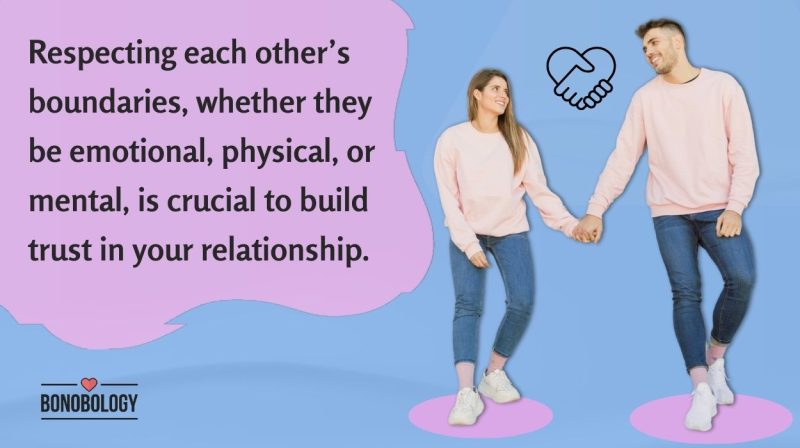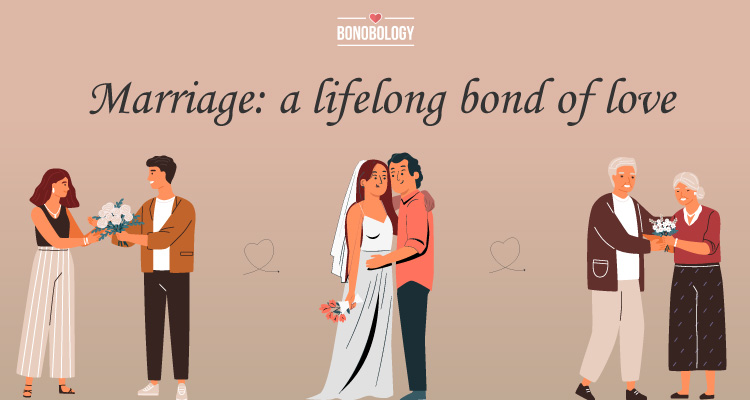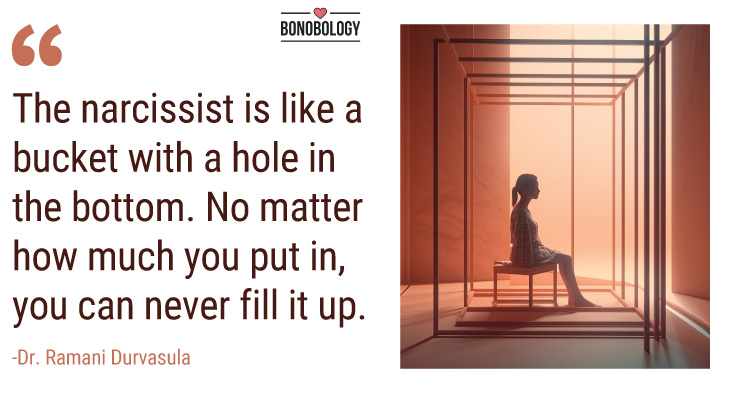“Tum nahin aaoge, really?” (“You won’t come, really?”) I asked him in an exasperated tone. It was my aunt’s 25th wedding anniversary celebration and I was on a call with my fiancé. We belonged to two different cities and he was saying ‘no’ to a golden opportunity to meet up because ‘he couldn’t get away from work’! To say I was upset would be an understatement. “We will talk later”, I hung up without hearing him say goodbye.
My mother, who was within hearing range, approached me. I knew I was up for a lecture. Before she could start, I began my tirade, “Mom! Don’t take Aakrit’s side. Maybe in your time you were not allowed to meet before marriage but it’s not so now. We don’t just accept everything thrown our way,” my poor mom became the unintended recipient of my lingering anger.
“Language carries the essence of respect, one word at a time.”
“Of course Aakrit ji must come, courtship days are magical.” Like all old-fashioned ladkiwale’s(bride’s side of the family) my mother would add ‘ji’ for my fiancé even though Aakrit was nearly 25 years younger to her. She had always been a stickler of traditions. “Call him, he needs a small dose of how to make your girl happy from people of our age,” she said and winked at me.
I went and hugged her and apologised for my rude behaviour. She hugged me back with a generosity which comes so easily to that generation and then she drew me close and whispered in my ears, “If only I could tell you of all the ways we met despite being under a pallu (covering the head with one end of the sari is called ‘pallu’) and not having a phone or this so called internet of yours”. And just like that my lovable, tiny-framed ma melted all my anger with her sweet, naughty tales and love. I lay my head on her lap and she began gently massaging my temples.

“But you know what I would have said to him?” I looked her in the eye. “Aap* nahin aayenge? instead of tum. That’s all”. I held her thin hands and told her that I understood where she was coming from, but how our generation was different. And that Aakrit would burst into a fit of laughter if I called him aap. That tum, for us signified closeness.
Related Reading: 55 Motivating Words Of Encouragement For A Man You Love During Hard Times
“Try it once, Taniya”, she said with an equally sweet smile. “Times may have changed but respecting one another is timeless, isn’t it? Now everything is all sweet and may God let it be this way, but in future when you two do fight try doing it with aap.”
This line left an impression and in the very next call, I discussed it with Aakrit. My fiancé being the firebrand equal he is, wanted to call me aap too. Within a week we had moved to addressing each other as aap and tum became a thing of the past.
“Respect isn’t just an action; it’s in the words we choose.”
It has been over six months since then. We have had our tiffs and differences, we have had our share of sarcasm and screaming, some small, some serious, and I am sure we will have more of those famous fights where partners actually go to sleep without resolving an issue. But, not once, in these months have we addressed each other as tum.
The moment we say aap, the aggression drops…like it’s on an automated mode. Perhaps because we always use aap as a sign of respect. And I find yelling very difficult if I have to refer to him asaap while at it. For that one moment that it takes to lisp aap, something changes psychologically, the tone becomes gentler, the eye expression changes, even the body language softens…maybe it is hardwired within us. I had heard about the power of words to soothe, I swear by aap, it’s a touchstone.
Related reading: Best wedding stories – collection of romantic stories
Don’t believe me? Try screaming at your partner while using aap…
*Aap is ‘You’ in Hindi, used formally and denotes respect for the person addressed thus. ‘Tum’, also ‘You’, denotes an informal, friendly manner of addressing, but is also a sign of being casual, and therefore, not serious or respectful.
(As Told To Raksha Bharadia)
Conclusion
The word Aap goes beyond formality; it signifies a profound acknowledgment of another person’s dignity, individuality, and worth. In a world where communication often leans toward brevity, retaining such words reminds us of the power of respect and how small linguistic choices can foster warmth, connection, and mutual regard in our interactions.
Your contribution does not constitute a charitable donation. It will allow Bonobology to continue bringing you new and up-to-date information in our pursuit of helping anyone in the world to learn how to do anything.























Featured
50 Questions For Premarital Counseling To Prep For Marriage
Why Is Marriage So Hard? Reasons And Ways To Make It Worthwhile
15 Signs Of Being Married To A Narcissist And How to Cope
Building Healthy Boundaries: The Key to Trust and Respect in Relationships
How To Deal With A Negative Spouse – 15 Expert-Backed Tips
What Is A Codependent Marriage? Signs, Causes, And Ways To Fix
7 Signs You Have A Verbally Abusive Wife And 6 Things You Can Do About It
Emotional Dumping Vs. Venting: Differences, Signs, And Examples
Husband Wife Relationship – 9 Expert Tips To Improve it
12 Hurtful Things You Or Your Partner Should Never Say To Each Other
7 Expert Tips To Resolve Conflict In A Marriage
Rediscover The Spark: How To Fall Back In Love With Your Partner
3 Key Skills To Save Your Marriage & Stop Divorce
Roommate Marriage – Signs And How To Fix It
What To Do When Your Husband Belittles You
How To Deal With A Lying Husband?
Why Am I So Depressed And Lonely In My Marriage?
11 Signs You Have A Narcissistic Wife
21 Signs Of A Narcissistic Husband And How To Cope
7 Fundamentals Of Commitment In A Marriage